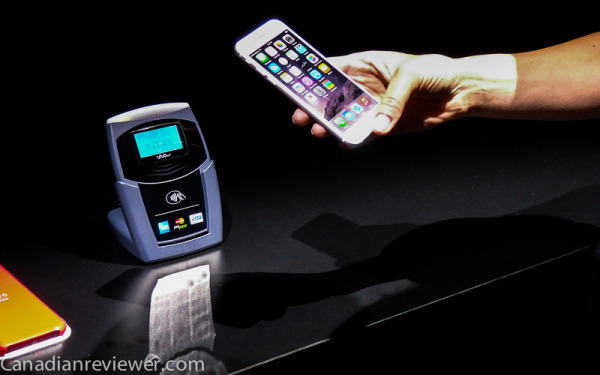
By Gadjo Cardenas Sevilla
Its been over six months after Apple launched its US-based mobile payments platform Apple Pay, and competitors are finally gearing to challenge the iPhone focused payments solution.
Part of Samsung's big announcement yesterday at its Samsung Galaxy S6 device launch was Samsung Pay and today Google's Sundar Pichai revealed that his company has been working on Android Pay.
Samsung Pay is an application that allows you to pay for goods and services with a Galaxy S6 by waving your device near a register instead of swiping a credit card or pulling out cash. It uses NFC as well as a new technology called Magnetic Secure Transmission which allows these devices to be used with a traditional credit card swipe reader making them backwards compatible with millions of legacy terminals. Samsung Pay is expected to launch in the US and South Korea in the summer, with Europe and China to come later.
Android Pay was revealed earlier today by Google's SVP Sundar Pichai and is an SDK for developers to integrate ways that will allow developers to build payments into their apps. Android's solution will use tokenized card numbers, which generate a one-time credit card number for each transaction, this helps reduce fraud. Visa, Mastercard and American Express all support this standard.
While mostly US-based, Apple Pay has had over 220,000 retailers accepting the platform which uses NFC as well as Apple's Touch ID on the iPhone 6 and iPhone 6 Plus (soon Apple Watch) to securely enable payments. The list of banks and credit and debit card companies is growing as well.
It seems that the mobile payments race is on and the while Apple Pay has enjoyed much of the early spotlight, consumers are now faced with some choice. Which of these platforms will dominate in 2015 and will they ever be interoperable at some point? I feel that whichever emerges as a global standard first, will have a greater chance of overall success.
Sources:Cnet, Apple, Samsung